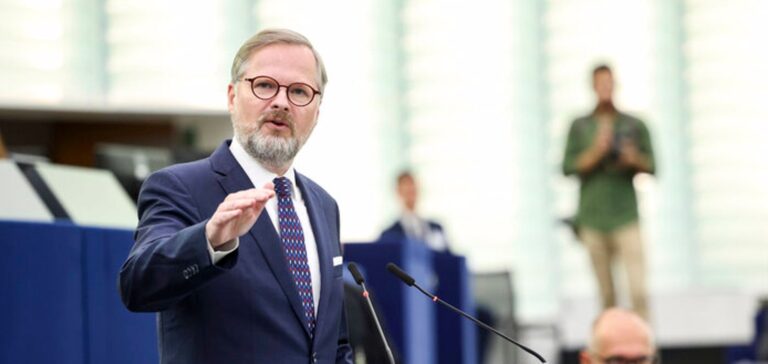The Czech Republic announces new measures to deal with the energy crisis. These allow the plants to use other fuels than gas. The Prime Minister, Petr Fiala, says that these measures will be taken on September 5.
The Czech Republic is organizing itself in the face of the energy crisis
The precautions taken to avoid an energy crisis in the country will allow the use of fuels other than gas. In fact, the plants will be able to use fuels such as coal or heating oil. It has been established that, in this context, it will be possible to exceed the permitted emissions if necessary.
In this sense, Petr Fiala states:
“The Ministry of Industry will declare a state of shortage prevention in the heating sector on September 5, which will allow heating plants to use fuels other than gas without facing penalties or a lengthy approval process.”
These measures will have a considerable impact on gas reserves. The country had been forced to diversify its sources of supply since the invasion of Ukraine by Russia. In fact, being entirely dependent on Russian gas, the Czech Republic found itself faced with a major dilemma. Consequently, it had mainly sought to obtain LNG supplies from the Netherlands in particular.
Currently, Czech gas reserves are at 80% of their capacity. However, it would appear that this would only cover half of the country’s annual consumption.
Help for the population
The government seems to have found several solutions. Thus, it wishes to provide assistance to households and businesses affected by the crisis and soaring prices.
Jozef Sikela, Czech Minister of Industry, confirms this strategy. He says the government is considering a program to help energy-intensive businesses. The latter is expected to cost some $1.14 billion.
In addition, Petr Fiala recently stated that the government was able to cope with the crisis economically. The latter has set aside 177 billion kroner to help households. The latter, faced with the considerable rise in energy prices and inflation, could benefit from state aid.





















